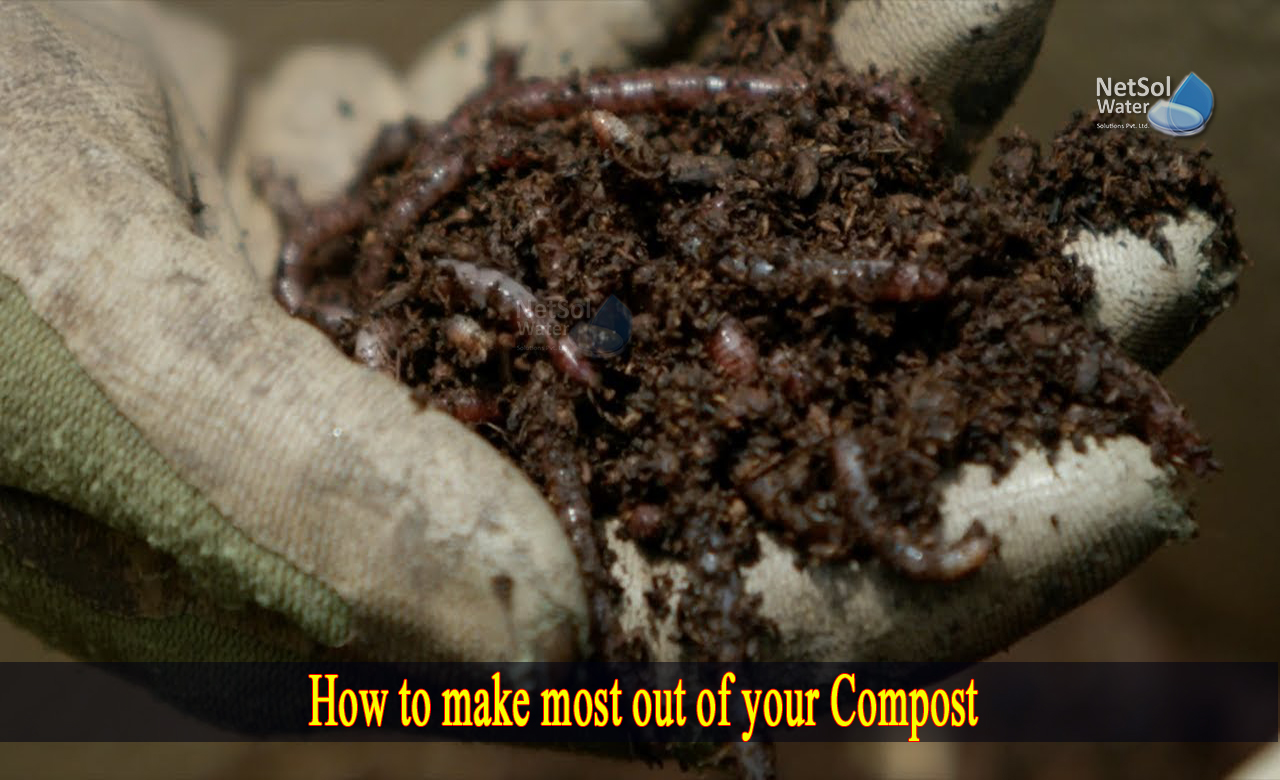What is composting?
It is simply the degradation of organic materials. Compost is the resultant material. It is beneficial to gardens because it provides many of the nutrients that plants require:
1. It enhances the physical properties of the soil.
2. It increases the soil's ability to retain water and nutrients.
3. It improves soil aeration.
We could divert 20 to 30% of the waste going into landfills if we composted many of the things we toss away, such as food waste, grass clippings, leaves and other landscaping waste. Composting these items allows us to decrease waste while also producing organic matter and nutrients for our garden, landscaping and yard.
How to make most out of your compost?
1- Make your own potting soil by combining compost
A mixture of 1 part completed compost, 1 part peat, 1 part perlite and 1 part topsoil can help your plant thrive! Compost is always better as part of a mix because using only compost to pot a plant might cause root rot, so take your measurements carefully.
2. In an outdoor vegetable or flower garden, layer completed compost on top of ordinary soil.
Spread your compost generously on raised beds or directly on the ground, up to a few inches deep. Watering your beds in conjunction with seasonal rain will allow the compost to seep into the soil, resulting in greater water absorption, improved runoff management and overall plant health.
3. Include compost in your lawn-growing or mulching routine
When applied in a thick layer around trees or shrubs, finished compost can substitute conventional mulch. It also has an advantage over mulch in the way that compost naturally aids in water-saving while also enhancing soil quality. These same characteristics make compost ideal for preparing a yard for grass growth if placed on prior to sowing the lawn!
Dos and Don'ts of Composting
Just d?o it!
· Have a brown-to-green ratio of 2:1. Two parts dry leaves (brown) to one part food waste.
· Have a medium particle size distribution—some huge, some little, but primarily in the center.
· Keep track of your moisture levels! Water the compost as needed, but not too frequently or excessively.
· To reduce bug and rodent issues, bury food waste and keep it covered with browns.
Just do?n’t do it!
· Don’t compost chemicals or wood.
· Don’t compost meat, dairy and animal waste.
· If the pile temperature is less than 130–150 °F (55–65 °C), don’t compost any unhealthy plants.
Conclusion
Processed compost, in all of its forms, is an excellent approach to improve local soil quality and minimize erosion. Whatever you decide to do, we can't wait to hear about it! To minimize your composting efforts, you can also buy Netsol’s Food Recycler to reduce your food waste and turn it into a fertilizer for your plants.
Our Food Waste Recyclers’ have already been deployed in a number of significant locations, where they are assisting in the transition to a more sustainable future. Contact one of our experts to learn more about our waste management strategies including food recyclers!
Netsol Water is Greater Noida-based leading water & wastewater treatment plant manufacturer. We are industry's most demanding company based on client review and work quality. We are known as best commercial RO plant manufacturers, industrial RO plant manufacturer, sewage treatment plant manufacturer, Water Softener Plant Manufacturers and effluent treatment plant manufacturers. Apart from this 24x7 customer support is our USP. Call on +91-9650608473, or write us at enquiry@netsolwater.com for any support, inquiry or product-purchase related query.



